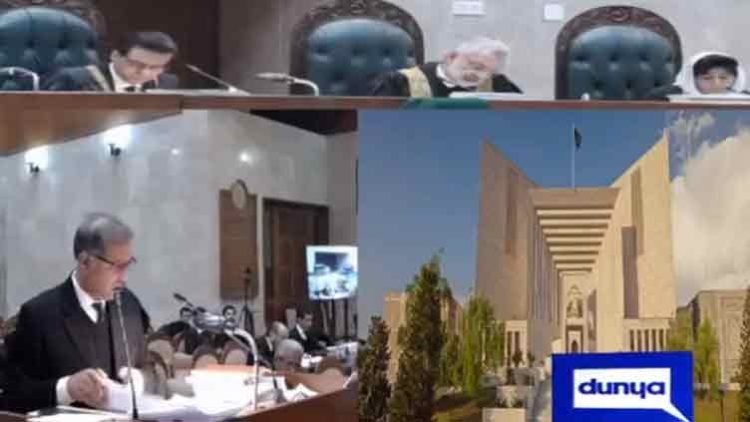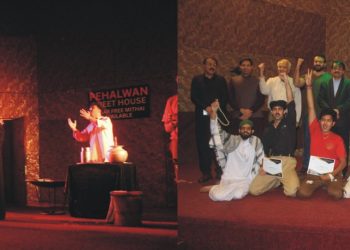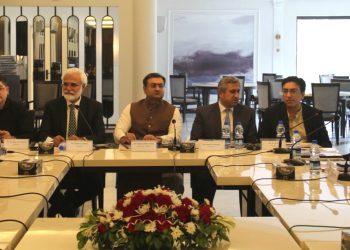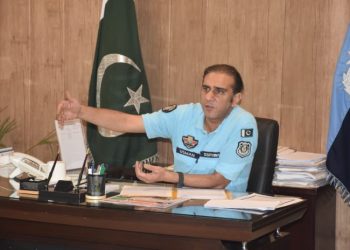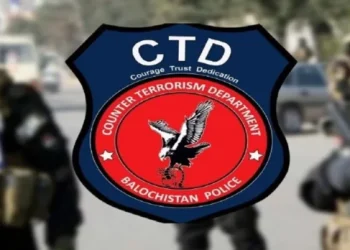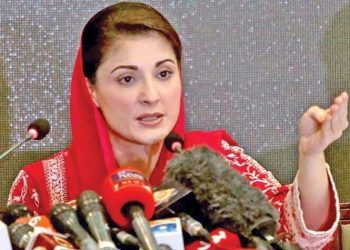ISLAMABAD (DL News/Web Desk) – As the Supreme Court resumed the hearing of PTI symbol case on Saturday, Barrister Ali Zafar – the party’s lead counsel – argued that the neither the Constitution nor the Election Act allowed the Election Commission of Pakistan (ECP) to evaluate the intraparty polls.
The arguments came as Justice Muhammad Ali Mazhar observed that there are two points in question: firstly, whether the court [Peshawar High Court] has the jurisdiction to intervene and overturn the ECP decision, and, secondly, whether the ECP enjoyed the authority to examine the intraparty elections.
Earlier on Friday, Chief Justice Qazi Faez Isa asserted that the PTI would face repercussions if discrepancies were found in its intraparty polls. He emphasised that the ECP was a constitutional institution and the court should not intervene in its matters.
And on Saturday, the chief remarked that the basic question was of democracy, not the implementation on party constitution. Democracy should be in political parties too, not just in the country, he added.
The Supreme Court is session to hear the matter after the ECP challenged the Peshawar High Court (PHC) verdict which reversed the country’s top electoral body’s decision of withdrawing “bat” – the PTI party symbol – earlier this week.
U-TURN ON BIAS ALLEGATIONS
You would have to prove ill intentions on the part of ECP, the chief justice observed, forcing Barrister Ali Zafar to withdraw the allegation of bias.
The PTI counsel backtracked as the chief justice pressed him to show evidence to substantiate the accusations ill-intentions and the ECP facing pressure from establishment.
He passed these remarks as Barrister Ali Zafar said that the intraparty elections were held according to the party constitution and described depriving the PTI of party symbol as a violation of Article 17.
The chief justice also reminded the PTI counsel that the ECP had issued notice to his client when they were in power. The court would not discuss the constitutional status of Election Act because no one had challenged the legislation, he observed.


